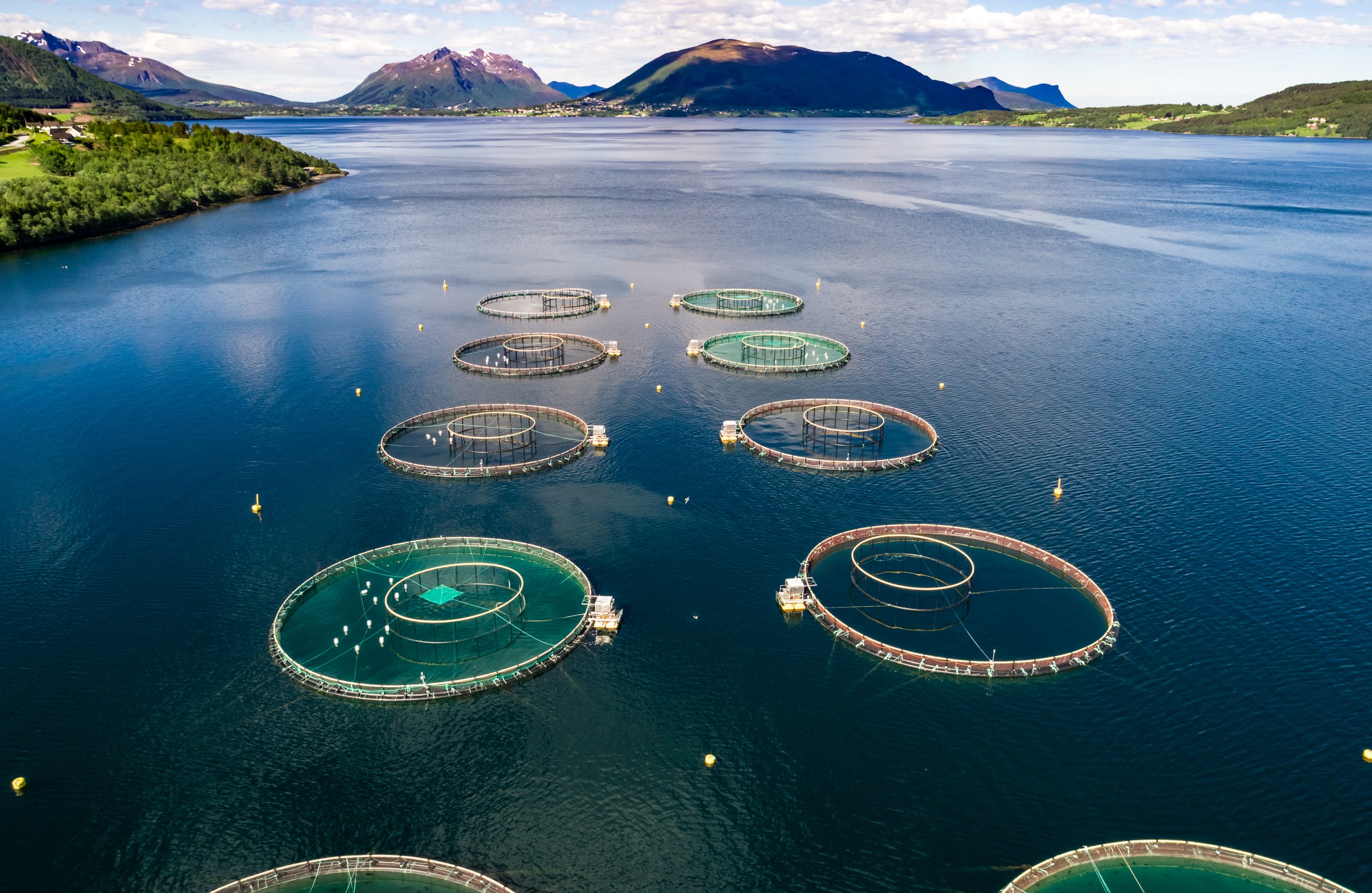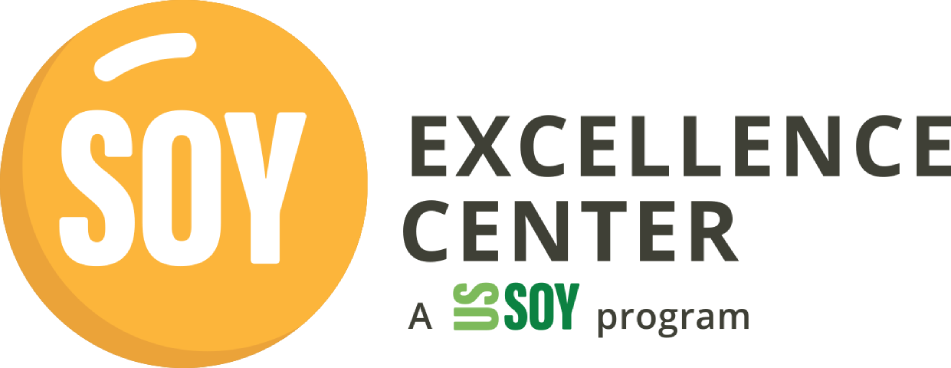
Principle in sustainable aquaculture production system
Aquaculture is a production system that includes fish, mollusks, crustaceans, and aquatic plants, and it requires intervention during the maintenance process to optimize production effectiveness and efficiency, such as regular stocking, feeding, protection from predators, etc. Currently, aquaculture production can produce more fish compared to the capture fisheries, and it is estimated that by 2030, as much as 62% of fish protein will be supplied by aquaculture. However, aquaculture also has many challenges that can hinder this goal, such as disease, water quality degradation, market price fluctuations, increasing of feed prices, and the quality of feed and other production-supporting materials. For this reason, future aquaculture activities must prioritize the principles of sustainability, which include (1) ecological sustainability focus on environmentally sound practical farming system, (2) economics sustainability - being able to generate profits for all aquaculture stakeholders, and (3) social sustainability, where aquaculture is expected to improve the welfare communities and society. Apart from that, several principles of responsible farming systems must also be fulfilled, including proper site location, proper intake and wastewater treatment system, production of economical and eco-friendly feed, implementation of production based-on carrying capacity, applying the good aquaculture practices, and implementing disease prevention and biosecurity program.
Instructor Bio: Dr. Romi Novriadi, M.Sc

Dr. Romi Novriadi is the associate professor at the Jakarta Technical University of Fisheries or known as Politeknik Ahli Usaha Perikanan, Agency for Marine Affairs and Fisheries Research and Development, Ministry of Marine Affairs and Fisheries Republic of Indonesia. He has published more than 35 peer review research articles in the area of his expertise which include Aquaculture nutrition, shrimp and fish farming, functional feed, immunology, aquaculture technology and diseases management. In addition, his PhD’s Dissertation focus on ‘Evaluation of Advanced Soy Products in Diets Fed to Florida Pompano’ and master’s thesis on ‘A toolbox for Immune Parameters of Artemia’ provides beneficial information to the aquaculture industry. Dr. Romi was awarded two scholarships, the VLIR-UOS scholarship to pursue his Master of Science in Aquaculture at Ghent University – Belgium and the Fulbright scholarship to pursue his Ph. D in Fisheries and Allied Aquaculture at the Auburn University, Alabama, USA. Currently, Dr. Romi focus on the development of intensive shrimp farming system and economical aqua-feed, evaluation of nutritional requirements for shrimp and fish as well as facilitate the evaluation of novel ingredients and feed supplemental properties to enhance the growth and health status of aquatic organisms. Dr. Romi also act as a promoter to link the research institutes with industry to review the feed formulations and manufacturing process, aquaculture management practices, and identify relevant research to enhance the aquaculture productivity and efficiency.

